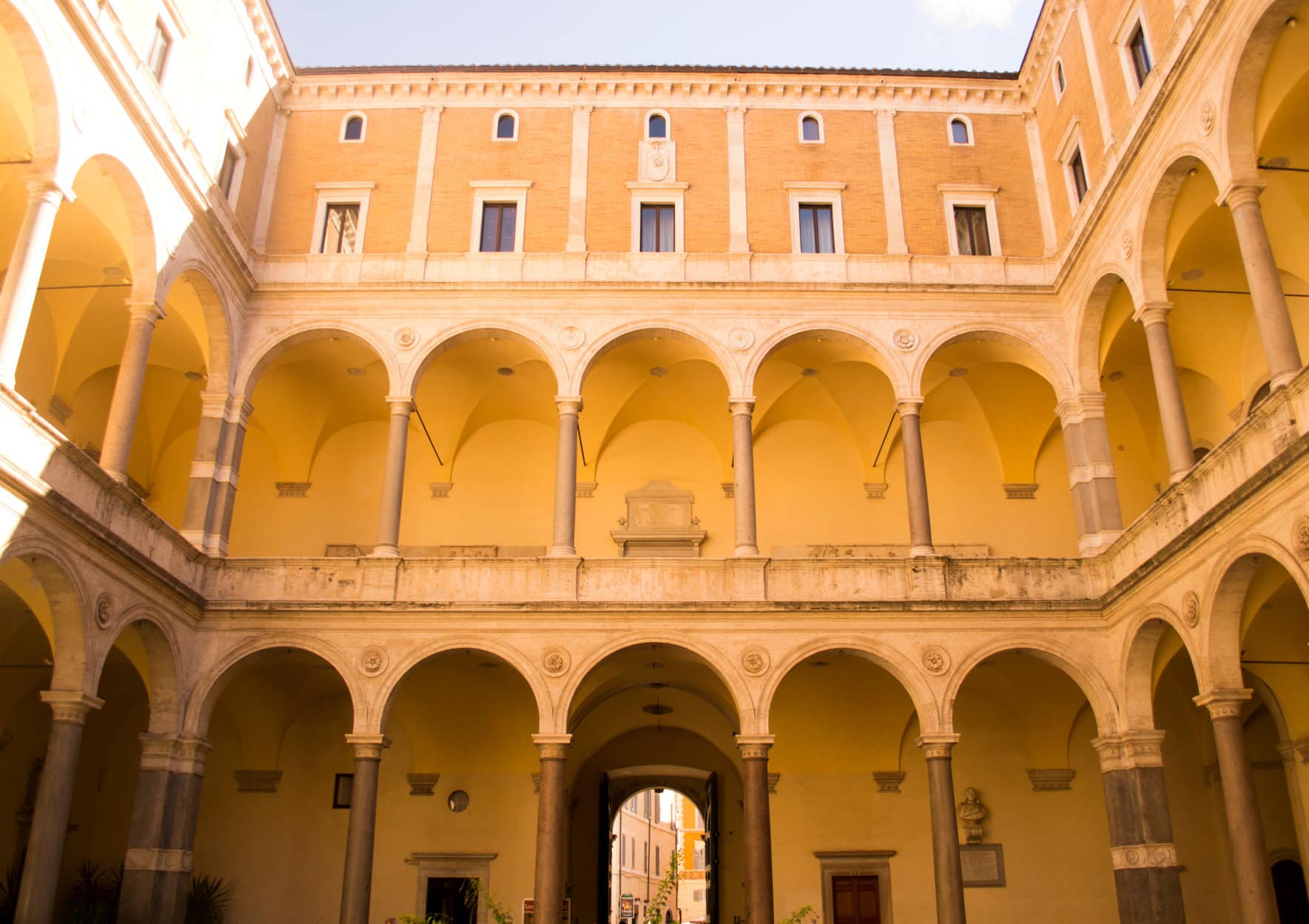
What is the Apostolic Chancery? The Apostolic Chancery served as the administrative office of the Pope in the Roman Catholic Church, handling official documents and correspondence. Established in the early centuries of Christianity, it played a crucial role in managing the Church's vast network. The Chancery was responsible for issuing papal bulls, decrees, and other important documents. Over time, its functions evolved, but its core mission remained the same: to ensure the smooth operation of the Church's administrative tasks. Understanding the history and functions of the Apostolic Chancery offers a glimpse into the inner workings of one of the world's oldest institutions.
What is the Apostolic Chancery?
The Apostolic Chancery is a historical office within the Roman Catholic Church. It played a crucial role in the administration of papal documents and correspondence. Here are some intriguing facts about this ancient institution.
-
The Apostolic Chancery was responsible for drafting and dispatching papal bulls, which are official letters or charters issued by the Pope.
-
This office dates back to the early centuries of the Church, with its origins tracing to the Roman Empire's administrative practices.
-
The head of the Apostolic Chancery was known as the Chancellor of the Holy Roman Church, a position of significant influence and power.
Historical Significance
Understanding the historical significance of the Apostolic Chancery provides insight into its impact on the Church and broader society.
-
During the Middle Ages, the Apostolic Chancery was one of the most important offices in the papal administration, second only to the Papal Curia.
-
The documents produced by the Chancery were often written in Latin, the official language of the Church, ensuring their widespread understanding across Europe.
-
The Chancery played a key role in the centralization of Church authority, helping to unify various Christian communities under papal leadership.
Key Functions
The Apostolic Chancery had several key functions that were essential to the operation of the Church.
-
One of its primary roles was the authentication of documents, ensuring their legitimacy and authority.
-
The Chancery also maintained records of papal decrees, which were essential for historical and legal reference.
-
It was responsible for the issuance of indulgences, which were grants by the Pope that reduced the amount of punishment one had to undergo for sins.
Evolution Over Time
The Apostolic Chancery evolved significantly over the centuries, adapting to the changing needs of the Church.
-
In the 16th century, the Chancery underwent reforms under Pope Paul III, who sought to improve its efficiency and reduce corruption.
-
The office's responsibilities gradually diminished as other papal offices and congregations took over many of its functions.
-
By the 20th century, the Apostolic Chancery had largely become a ceremonial office, with most of its practical duties transferred to other departments.
Notable Figures
Several notable figures have been associated with the Apostolic Chancery throughout its history.
-
Cardinal Pietro Gasparri, who served as Chancellor in the early 20th century, played a key role in the drafting of the 1917 Code of Canon Law.
-
Pope Leo XIII, before becoming Pope, worked in the Chancery and gained valuable administrative experience that would later influence his papacy.
-
Cardinal Giovanni Battista de Luca, a prominent 17th-century canon lawyer, served as Chancellor and made significant contributions to Church law.
Legacy and Influence
The legacy of the Apostolic Chancery continues to be felt in the Church's administrative practices and historical records.
-
Many of the documents produced by the Chancery are preserved in the Vatican Archives, providing valuable insights into the history of the Church.
-
The Chancery's emphasis on record-keeping and documentation influenced the development of modern archival practices within the Church.
-
The office's role in the centralization of Church authority helped to shape the hierarchical structure that characterizes the Roman Catholic Church today.
Interesting Tidbits
Here are some lesser-known facts about the Apostolic Chancery that highlight its unique aspects.
-
The term "chancery" comes from the Latin word "cancellaria," referring to the lattice-work screen that separated the clerks from the public in Roman administrative offices.
-
The Apostolic Chancery was known for its elaborate and ornate documents, often featuring intricate calligraphy and seals to signify their authenticity.
Final Thoughts on Apostolic Chancery
The Apostolic Chancery holds a significant place in the history of the Catholic Church. Its role in managing papal documents and communications has shaped many aspects of church governance. Understanding its functions and historical context provides insight into how the church has maintained its structure and influence over centuries. From issuing papal bulls to handling diplomatic correspondence, the chancery has been a cornerstone of ecclesiastical administration. Knowing these facts not only enriches our knowledge of church history but also highlights the importance of organized record-keeping and communication in any large institution. So, next time you come across a historical document from the Vatican, you'll have a better appreciation of the meticulous work that went into its creation and preservation.
Was this page helpful?
Our commitment to delivering trustworthy and engaging content is at the heart of what we do. Each fact on our site is contributed by real users like you, bringing a wealth of diverse insights and information. To ensure the highest standards of accuracy and reliability, our dedicated editors meticulously review each submission. This process guarantees that the facts we share are not only fascinating but also credible. Trust in our commitment to quality and authenticity as you explore and learn with us.


